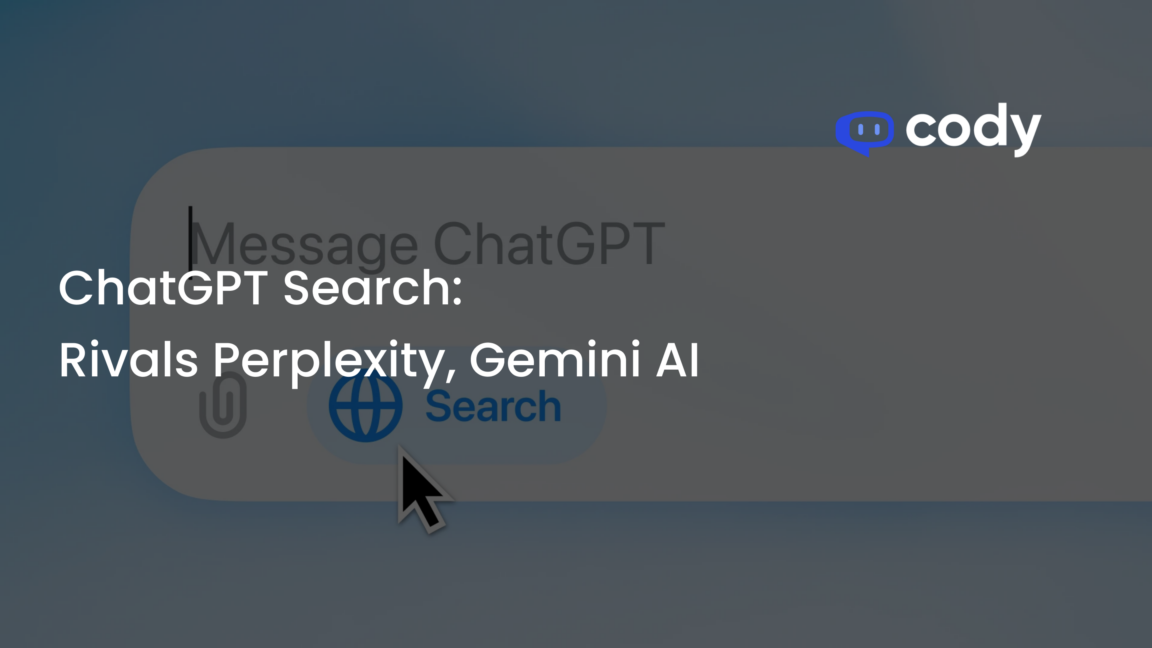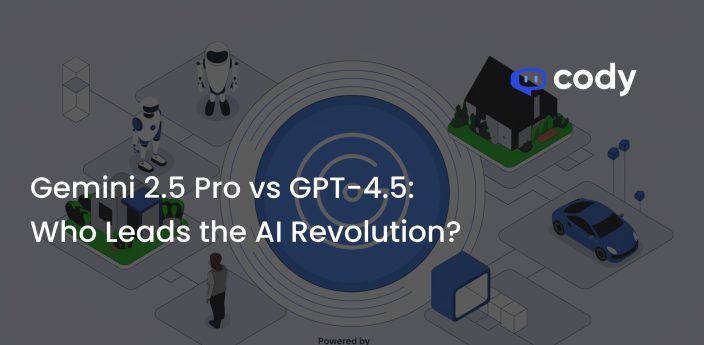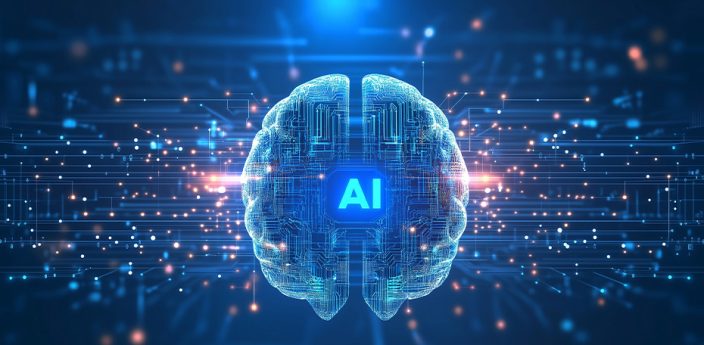
From Chatbot to Search Engine: How OpenAI’s ChatGPT Search is Changing the Game
The Evolution of AI-Powered Web Searches
OpenAI’s latest innovation, ChatGPT Search, marks a significant leap in AI-driven web search capabilities. This feature integrates real-time web search into the ChatGPT interface, allowing users to seamlessly access information without switching between platforms. By reducing reliance on third-party search engines, OpenAI aims to fill gaps left by other AI chatbots like Gemini and Copilot. Despite its current limitations, such as slower responses and limited source access, ChatGPT Search offers a unique, ad-free experience that prioritizes credible information. As this tool rolls out to various user tiers, it promises to enhance the accuracy and reliability of AI-generated responses.
Features of OpenAI’s ChatGPT Search

Source: OpenAI
- OpenAI’s ChatGPT Search integrates real-time search within ChatGPT, advancing AI web search.
- Users can toggle between AI responses and live web data for current information.
- Searches can be user-activated or system-initiated, offering flexibility.
- SearchGPT enhances AI accuracy with citations from credible sources.
- Partnerships with publishers allow content visibility control, avoiding copyright issues.
- Ad-free, with no promoted queries, for a cleaner search experience.
- Access to the latest models may be limited for free users, affecting adoption.
- Aims to bridge the gap between static AI knowledge and dynamic real-world info.
Comparative Analysis: SearchGPT vs Traditional Search Engines
| Feature/Aspect | ChatGPT Search | Traditional Search Engines (e.g., Google) |
|---|---|---|
| Approach | Integrates real-time information with AI-powered conversations | Relies heavily on ads and sponsored links |
| Ad Experience | Ad-free | Ad-supported |
| Focus | Natural language understanding | Extensive partnerships and data access |
| Benefits | Relevant results, general information, in-depth explanations | Real-time data delivery (e.g., weather updates, financial news) |
| Challenges | Slower response times, limited source variety | – |
| Integration | Within the ChatGPT interface, allows manual or automatic searches | – |
| Replacement for Traditional Engines | Not a full replacement | – |
| Limitations | Requires a subscription | – |
| Market Position | Significant player in evolving search engine landscape | Established market leader |
Future Prospects and Challenges for ChatGPT Search
OpenAI’s strategic partnerships with publishers aim to mitigate legal challenges while enhancing content accuracy. This collaboration allows publishers to control how their content appears in search results, though it doesn’t guarantee higher visibility . As AI continues to reshape the media landscape, these partnerships are crucial for maintaining journalistic integrity and innovation. Looking ahead, OpenAI’s commitment to refining its models and expanding access could eventually position SearchGPT as a leading tool in AI-driven search technology. However, overcoming current limitations is essential for achieving this vision.
The Path Forward for AI-Driven Search Engines
The introduction of OpenAI’s ChatGPT Search marks a significant milestone in the evolution of AI-driven search engines. By merging real-time web search capabilities with AI-powered conversations, SearchGPT addresses previous limitations, offering users a more seamless and informative experience. This innovation not only enhances the chatbot’s utility but also positions it as a formidable competitor against established players like Google and Microsoft . While challenges such as copyright issues and the need for broader access remain, OpenAI’s strategic partnerships and ongoing development efforts promise a bright future for AI in search technology. As AI continues to reshape digital landscapes, SearchGPT exemplifies the potential for innovation and accuracy in meeting user needs effectively.
If you’re interested in developing a ChatGPT Search system tailored specifically to your organization’s data, consider exploring Cody AI. This no-code platform empowers you to train GPT-level bots using your unique datasets, providing a customized and efficient solution.



